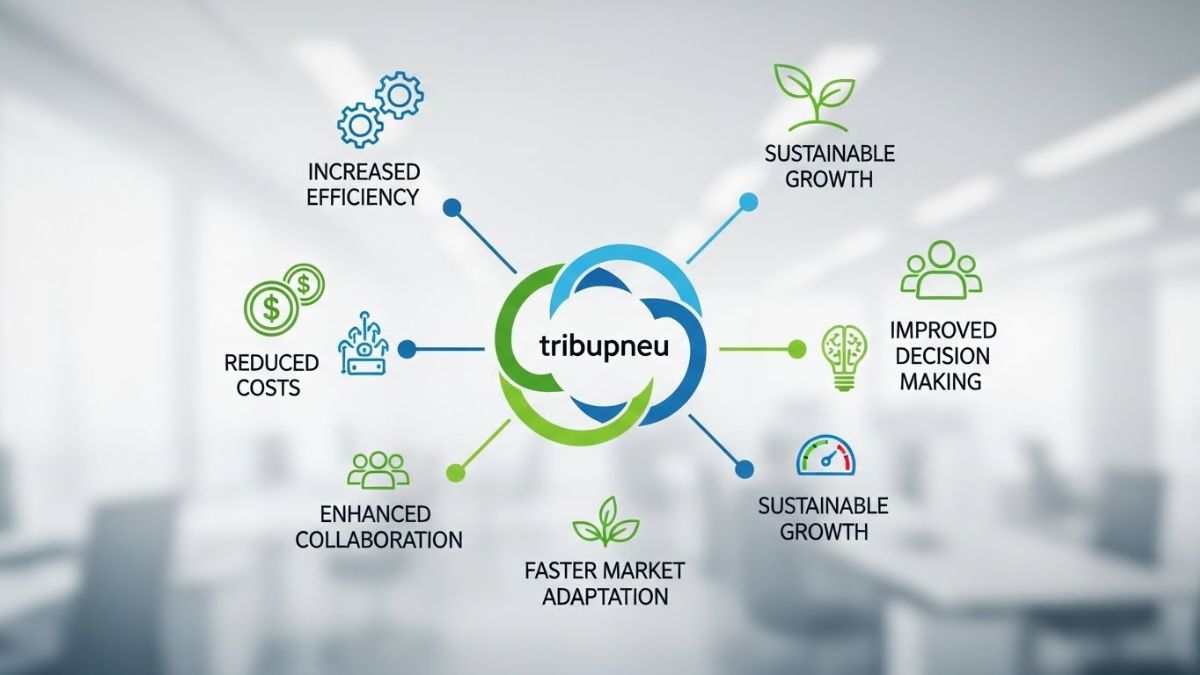The advent of house call visits brings forth a host of benefits and challenges, especially when it comes to billing procedures. Unlike traditional office visits, house calls require healthcare providers to understand a different set of rules and coding systems. Precise billing is crucial not only for fair compensation but also for maintaining compliance with medical billing regulations. By grasping the nuances associated with in-home services, providers can ensure their practice remains financially healthy. Below, we delve into the essential knowledge and strategies for effectively billing for house call visits.
Understanding the Basics of House Call Billing
House call billing begins with identifying the correct codes that represent the nature and duration of the visit. Providers must be familiar with the set of Current Procedural Terminology (CPT) codes that are specific to house calls. These codes differ from those used in a standard clinical setting and reflect the additional effort required to deliver care outside the office. Accurate coding is the cornerstone of a successful billing process as it ensures providers are compensated for the services rendered.
Billing for house calls also entails a thorough understanding of the geographic modifiers that must be attached to claims. Such modifiers indicate that a service was performed at a location other than the healthcare provider’s usual place of business. By accurately applying these modifiers, providers underscore the validity of the claim for payers, reducing the likelihood of denials or delays in reimbursements.
The significance of understanding the component that refers to the duration of the visit and its complexity, such as the 99349 CPT code description time, cannot be overstated. This code, for example, provides clarity on the expected time spent with a patient during a house call and sets the benchmark for billing correspondingly. It is vital for healthcare providers to educate themselves on these specifications to prevent billing errors and omissions.
Setting Competitive Yet Sustainable Pricing for House Call Services
Setting the right price for house call services is a balancing act that requires careful calculation. Prices must be competitive enough to attract patients but also high enough to cover the expenses associated with providing at-home care. The provider must factor in the direct costs of providing the service, the overhead for administrative functions, and any additional resources necessary for house calls.
Pricing also needs to consider the local market rates and customary charges for similar services in the area. It is worthwhile for healthcare providers to conduct market research to understand what other providers are charging. This information helps to set prices that are not only fair and reasonable but are also in line with the going rates, ensuring the service remains competitive.
Leveraging Technology for Efficient House Call Billing Processes
Technological advancements offer unprecedented opportunities for streamlining house call billing processes. Electronic Health Records (EHR) systems, for one, can significantly ease the task of documenting patient information and service details. By utilizing an EHR, providers can ensure that all necessary data is collected efficiently and accurately, enabling quicker billing cycles.
Furthermore, billing software specifically designed for healthcare can automate much of the claims process, reducing the room for human error and speeding up reimbursements. With features such as automatic code updates, validation checks, and claim tracking, billing becomes less burdensome for healthcare providers. Technology also enables seamless data transfer between care systems and billing departments to enhance accuracy.
Navigating Insurance and Medicare for House Call Reimbursements
Navigating insurance and Medicare guidelines for house call reimbursements presents its own unique set of challenges. Each payer may have different policies and requirements for in-home healthcare services. It is essential for providers to be well-versed in the various plans they accept and the specific billing regulations each entails. This knowledge is necessary to maximize reimbursement rates and reduce denials.
Medicare, for example, has specific conditions that must be met for house call visits to be covered. Providers should familiarize themselves with the eligibility criteria, such as the patient’s inability to visit the office due to medical conditions. Staying informed about changes to Medicare rules and coverage can also prevent billing errors and unexpected rejections of claims.
Overall, mastering the billing process for house call visits is essential for modern healthcare providers who cater to patients at home. It is a skill set that incorporates knowledge of relevant codes, pricing strategies, technological tools, and insurance requirements. By diligently applying these principles, providers can ensure that their house call services are both financially viable and compliant with billing regulations.















